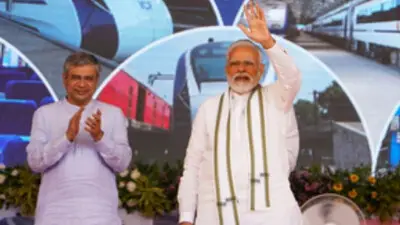Recommended Stories
Dhaka: Bangladesh's cabinet ministers on Monday tendered their resignations to pave the way for an all-party government to oversee general elections, with the BNP-led opposition adamant on the demand for a neutral non-party government amid a violent political standoff.
"The ministers and state ministers present at today's (regular) cabinet meeting have submitted their resignation letters to Prime Minister Sheikh Hasina," Prime Minister's press secretary Abul Kalam Azad told PTI.
He could not confirm if resignations of all the ministers were already received but previous media reports said at least 20 influential ministers handed over their resignation letters to the premier earlier.
An adviser to the premier said the resignation of some of the ministers would not be accepted under a government plan to keep them in the all-party government while the resignations of the rest were sent to the presidential palace for formal acceptance.
The development came as a nationwide 84-hour general strike enforced by BNP and its rightwing allies including fundamentalist Jamaat-e-Islami entered its second day.
The violent shutdown, which overnight claimed two more lives, is aimed at mounting pressure on the government to accept the opposition's demand for constituting a non-party caretaker government led by an "acceptable" figure for election oversight.
The strike was enforced following two back-to-back 60-hour shutdowns since October 27 on the same issue. This will be the third prolonged strike in two weeks.
The BNP-led alliance called the first 60-hour shutdown from October 27 and second one from November 4 to press for the restoration of the neutral caretaker government system to oversee the polls scheduled to be held by January 25, 2014.
A total of 26 people have died in violence linked to the political turmoil since October 25.
Political analysts say the ministers' resignations reflect the government's firm stance for going ahead with the plan to constitute the all-party government for election oversight even if BNP declined to join the interim administration or decided to boycott the elections.












